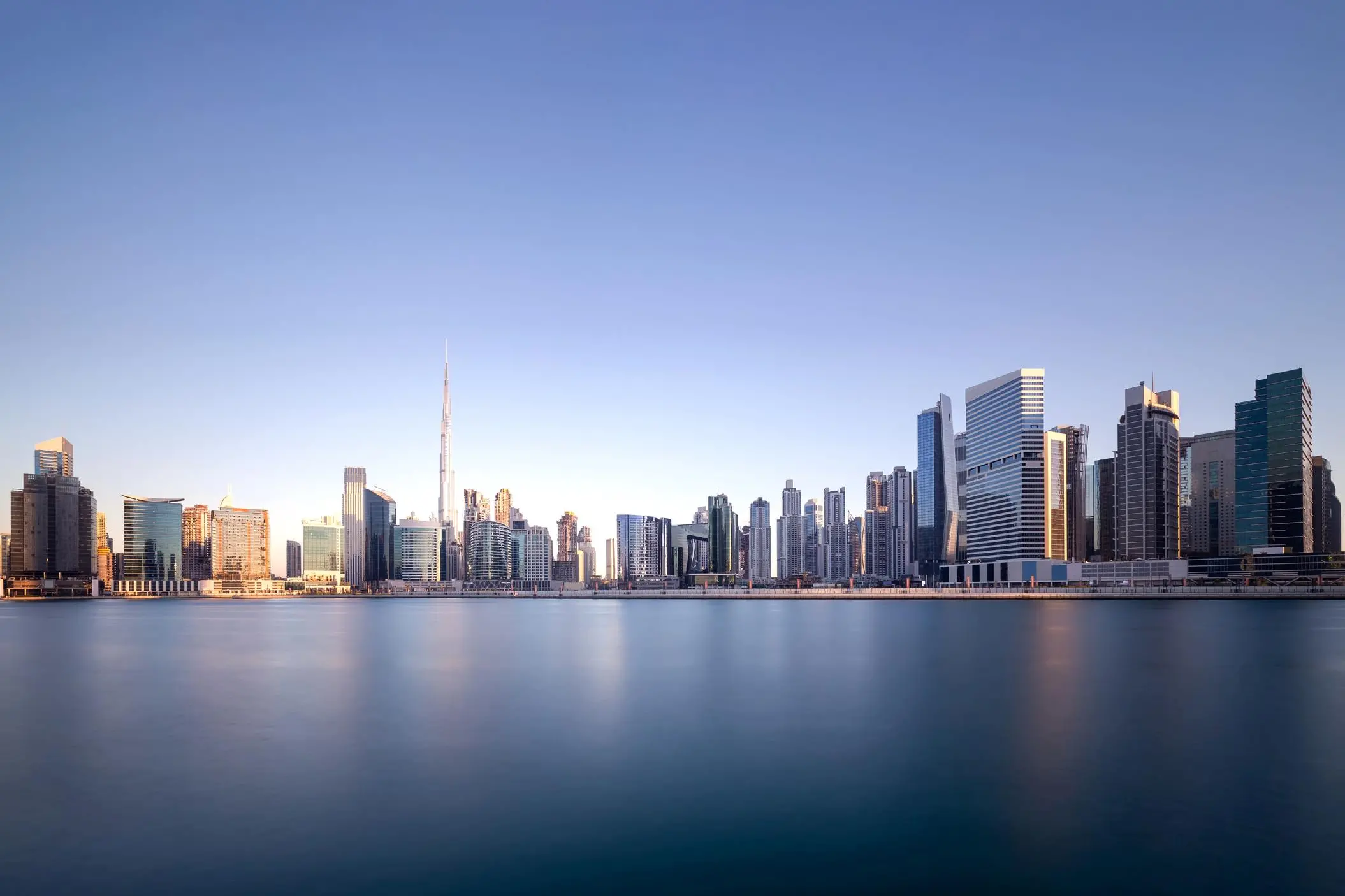PHOTO
The Dubai real estate market has the ability to recover quickly thanks to the market’s strength and flexibility, as well as the emirate’s entrepreneurial spirit, an industry expert said during a panel discussion at the 2020 Cityscape Real Estate Summit.
There are already positive signs of a sizeable recovery in the tourism market, and the emirate had a history of recovering quickly from crises, such as the 2008-09 financial crisis, Sajid Saddique, Mashreq Bank’s senior director, real estate structuring and advisory.
“What I have realised over that period is that Dubai is a phenomenally flexible and actually a phenomenally strong market when it comes to recovery,” Saddique, who has worked in Dubai for nearly 13 years, said.
“It is a market that like any global market can get hit, as it did in the financial crisis, as it has now with the COVID pandemic, but it’s a market that can recover very quickly.
“Pretty much everyone in Dubai has some form of entrepreneurial spirit. We have over 200 nationalities, people who took the decision to move out to Dubai to set up businesses, to work, so they have an entrepreneurial spirit.”
The emirate and the wider UAE have seen reports of falling rents and sale prices as COVID-19 and its related travel restrictions took a toll on the country’s real estate market during the second and third quarters of 2020.
But Saddique said hospitality clients had told him there was a ‘sizeable recovery’ in tourism, not just in the ‘staycation’ market, but that international tourism was ‘taking shape’.
“We have Expo coming up in 2021, we are certainly on the path towards recovery,” he said.
“We are certainly hopefully past the worst. I am not suggesting a booming 2021, but I am suggesting that we are on the road to recovery, and it’s not just a hope, we are seeing it in the data.”
Alexander Davies, chief commercial officer, Dubai Properties, said going forward, the sector must focus on sustainability, to make sure developments have a compelling composition, based on quality, returns and a level of appreciation.
There needs to be a focus on whether developers were addressing the needs of the market, for example in terms of student accommodation, homes for retirement visa holders, and that community requirements such as schools were being met, he said.
Public private partnerships could be considered for parcels of land owned by Dubai Properties, Dubai Holding and Meraas, but the current priority needs to be on supporting existing developments during a challenging time, he said, adding that the issue would be reviewed on a case by case basis.
Francis Alfred, managing director and CEO, Sobha Realty, said a challenge was that customers are currently expecting lower and lower prices.
“Developers have a responsibility to not compromise on quality in order to offer a low price out of desperation,” he said.
The summit, taking place over two days at Dubai World Trade Centre, also heard from Katija Haque, chief economist and head of research at Emirates NBD, who said there was an expectation of a return to GDP growth in 2021. But, at two percent, it was not sufficient to make up for the contraction seen in 2020, and a return to pre-COVID levels could take two years with ‘uneven’ recovery, as was being seen in economies globally.
“There is still an issue of excess supply which was weighing on the market before COVID-19, and I think COVID-19 has just exacerbated the situation,” she said.
“I think what we would like to see over the next 12 months, is not just headline GDP growth, but see that translating into confidence on the part of businesses to go out and hire, create jobs, increase population and increase demand, and not quite as much supply coming through the pipeline, to help bring the real estate market back into balance.”
Data from Dubai Land Department showed that while there had been an increase in transactions in Q3 2020, the recovery had not been as marked in off plan sales, she said.
She said: “If we continue to see fewer off-plan projects being sold, in two to three years, we won’t have quite as much supply coming on to the market, which suggests that supply might be falling off over the next years.”
(Reporting by Imogen Lillywhite; editing by Seban Scaria)
(imogen.lillywhite@refinitiv.com)
Disclaimer: This article is provided for informational purposes only. The content does not provide tax, legal or investment advice or opinion regarding the suitability, value or profitability of any particular security, portfolio or investment strategy. Read our full disclaimer policy here.
© ZAWYA 2020





















